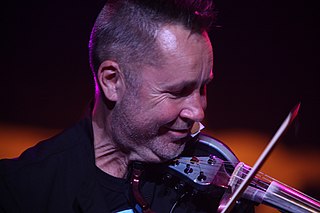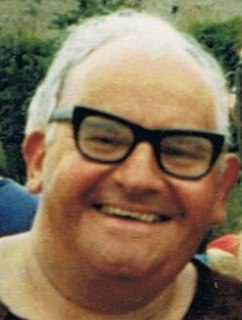A Quote by Clarice Lispector
For at the hour of death you became a celebrated film star, it is a moment of glory for everyone, when the choral music scales the top notes.
Related Quotes
Now, the fourth gospel says that the moment that Jesus is glorified is the moment he's put to death on the cross, not the resurrection. The moment he's put to death on the cross is when he shows forth glory, and the reason that is, is that he became free enough to give his life away and to love those who were taking it from him. And that's what God is all about. That's the mystical point of view that was hidden from me for years.
As deaths have accumulated I have begun to think of life and death as a set of balance scales. When one is young, the scale is heavily tipped toward the living. With the first death, the first consciousness of death, the counter scale begins to fall. Death by death, the scales shift weight until what was unthinkable becomes merely a matter of gravity and the fall into death becomes an easy step.
The star [Tycho's supernova] was at first like Venus and Jupiter, giving pleasing effects; but as it then became like Mars, there will next come a period of wars, seditions, captivity and death of princes, and destruction of cities, together with dryness and fiery meteors in the air, pestilence, and venomous snakes. Lastly, the star became like Saturn, and there will finally come a time of want, death, imprisonment and all sorts of sad things.
You have to remember one life, one death–this one! To enter fully the day, the hour, the moment whether it appears as life or death, whether we catch it on the inbreath or outbreath, requires only a moment, this moment. And along with it all the mindfulness we can muster, and each stage of our ongoing birth, and the confident joy of our inherent luminosity. (24)
Have you noticed that only in time of illness or disaster or death are people real? I remember at the time of the wreck-- people were so kind and helpful and solid. Everyone pretended that our lives until that moment had been every bit as real as the moment itself and that the future must be real too, when the truth was that our reality had been purchased only by Lyell's death. In another hour or so we had all faded out again and gone our dim ways.







































